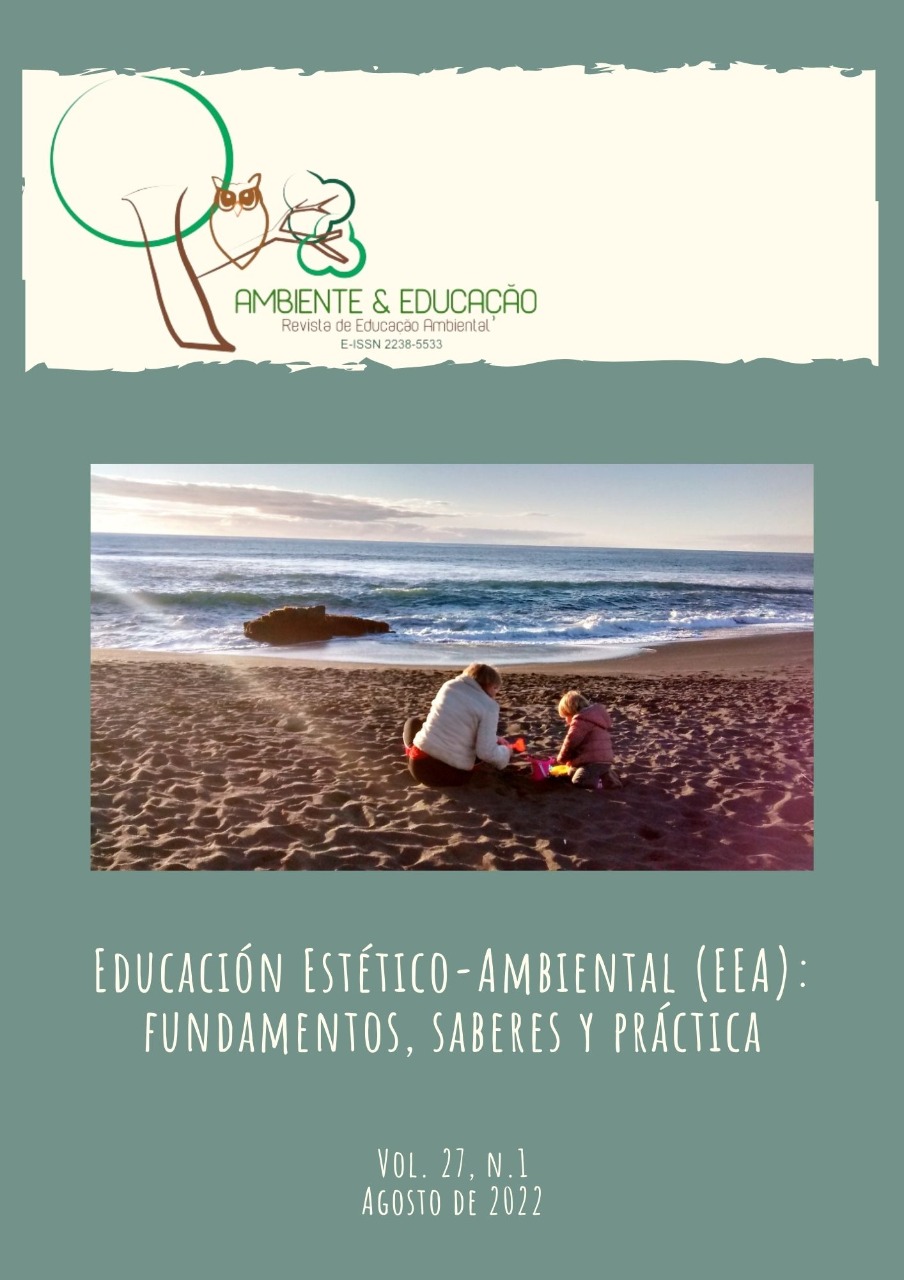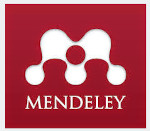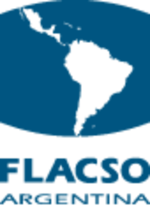PEDAGOGICAL LETTERS AS A TEACHING STRATEGY AND PRACTICE OF SENSITIVE TEACHER TRAINING FOR AN ENVIRONMENTAL-AESTHETIC EDUCATION
DOI:
https://doi.org/10.14295/ambeduc.v27i1.14286Palabras clave:
Environmental-Aesthetic Education; Teacher training; Sensitive education; Teaching letters; Emergency remote learning.Resumen
This article propose a discussion of pedagogical intervention that took place in the subject “Topics of Environmental-Aesthetic Education”, in the Undergraduate courses Additional Languages: English, Spanish and respective Literatures and Chemistry, at the Federal University of Pampa (UNIPAMPA), in 2020/2. The objective was to promote training based on sensitization and humanization. The textual genre pedagogical letter was chosen as a means of communication to promote interaction among students. The methodology of reading the letters was a counterpoint to the speed of communication established in the technological media, especially in the context of remote education, and also a way of venturing feelings in relation to teaching, culminating in the establishment of relationships with the constitutive emotions of the future career, valuing sensitive affections and knowledge and motivation to future teachers.
Descargas
Citas
AUSUBEL, David Paul; NOVAK, Joseph Donald; HANESIAN, Helen. Psicologia Educacional. 2.ed. Rio de Janeiro: Interamericana, 1978.
BRASIL. Conselho Nacional de Educação. Resolução nº 2, de 15 de junho de 2012. Estabelece as Diretrizes Curriculares Nacionais para a Educação Ambiental. Brasília, 2012. Disponível em: <http://portal.mec.gov.br/index.php?option=com_docman&view=download&alias=10988-rcp002-12-pdf&category_slug=maio-2012-pdf&Itemid=30192>. Acesso em: 20 dez. 2021.
BRASIL. Política Nacional de Educação Ambiental. Lei n. 9795/99. Diário Oficial da República Federativa do Brasil, Brasília, DF, 27 abr. 1999.
BRASIL. Programa Nacional de Educação Ambiental. Ministério do Meio Ambiente e Ministério da Educação. Brasília: MMA e MEC, 2014. 4.ed. 113p. Disponível em: <http://www.mma.gov.br/publicacoes/educacao-ambiental/category/98-pronea>. Acesso em: 01 ago. 2018.
BRIZOLLA, Francéli; FREITAS, Diana Paula Salomão De.; MELLO, Elena M. Billig; OLIVEIRA, Nara Rosane M. de. (Orgs.). Experiências didático-pedagógicas com educação estético-ambiental na formação acadêmico-profissional. Veranópolis: Diálogo Freireano, 2020.
DICKMANN, Ivanio. As dez características de uma carta pedagógica. IN: PAULO, Fernanda dos Santos; DICKMANN, Ivo (Org.). Cartas pedagógicas: tópicos epistêmico-metodológicos na educação popular. 1. ed. Chapecó: Livrologia, 2020. (Coleção Paulo Freire; v. 2). p. 35-53.
FREIRE, Paulo. Pedagogia da autonomia: saberes necessários à prática educativa. São Paulo: Paz e Terra, 1996.
IRALA, Valesca Brasil. Inovação na formação de professores de espanhol: a experiência em um curso de letras/línguas adicionais. IN: FERNÁNDEZ, Gretel Eres; BAPTISTA, Lívia Márcia Tíba Radís; SILVA, Antonio Messias Nogueira da (orgs.) Enseñanza y aprendizaje del español en Brasil: aspectos lingüísticos, discursivos e interculturales. Brasília: Consejería de Educación de la Embajada de España en Brasil, 2016, p. 171-184.
KRASILCHIK, M. Pesquisa em Educação Ambiental: tendências e percepção ambiental. Educação Teoria e Prática, v.9, n.16-17, p.43-45, 2001.
MAIA, Jorge Sobral da Silva. Problemáticas da Educação Ambiental no Brasil: elementos para a reflexão. Revista Eletrônica do Mestrado em Educação Ambiental – REMEA, v.32, n.2, p. 283-298, jul./dez. 2015. Disponível em: <https://periodicos.furg.br/remea/article/view/5544>. Acesso em: 15 ago. 2018.
NÓVOA, António. (Coord.). Os professores e a sua formação. Lisboa: Dom Quixote, 1992.
SCHLINDWEIN, Luciane Maria (Org.). Estética e pesquisa: formação de professores. Itajaí: Editora UNIVALI: Ed: Maria do Cais, 2006.
SEVERO DOS SANTOS, Daren C. Formação mais integral do sujeito. IN: BRIZOLLA, Francéli; FREITAS, Diana Paula Salomão de; MELLO, Elena Maria Billig; OLIVEIRA, Nara Rosane M. de. (Orgs.). Experiências didático-pedagógicas com educação estético-ambiental na formação acadêmico-profissional. Veranópolis: Diálogo Freireano, 2020.
SILVA, Tomaz Tadeu da. Documentos de Identidade: Uma Introdução às Teorias de Currículo. 3. ed. Editora Autêntica. 2010.
SILVEIRA, Wagner Terra; FREITAS, Diana Paula Salomão de; ESTÉVEZ, Pablo René. O que é educação estético-ambiental. IN: BRIZOLLA, Francéli; FREITAS, Diana Paula Salomão de; MELLO, Elena Maria Billig; OLIVEIRA, Nara Rosane M. de. (Orgs.). Experiências didático-pedagógicas com educação estético-ambiental na formação acadêmico-profissional. Veranópolis: Diálogo Freireano, 2020. p. 33-34.
VASCONCELLOS, Celso. Metodologia Dialética em Sala de Aula. Revista de Educação AEC, Brasília, abr. 1992, n. 83.
Descargas
Publicado
Cómo citar
Número
Sección
Licencia
Derechos de autor 2022 Francéli Brizolla, Cristina Cardoso

Esta obra está bajo una licencia internacional Creative Commons Atribución-NoComercial-SinDerivadas 4.0.
Os (as) autores(as) que publicam nesta revista concordam com os seguintes termos: Os (as) autores(as) mantém os direitos autorais e concedem à revista o direito de primeira publicação, com o trabalho simultaneamente licenciado sob a Licença Creative Commons Atribuição-NãoComercial-SemDerivações (CC BY-NC-ND 4.0) que permite o compartilhamento do trabalho com reconhecimento da autoria e publicação inicial nesta revista. Os (as) autores(as) têm autorização para assumir contratos adicionais separadamente, para distribuição não-exclusiva da versão do trabalho publicada nesta revista (ex.: publicar em repositório institucional ou como capítulo de livro), com reconhecimento de autoria e publicação inicial nesta revista. Os (as) autores(as) têm permissão e são estimulados a publicar e distribuir seu trabalho online (ex.: em repositórios institucionais ou na sua página pessoal) em qualquer ponto antes ou durante o processo editorial, já que isso pode aumentar o impacto e a citação do trabalho publicado.












